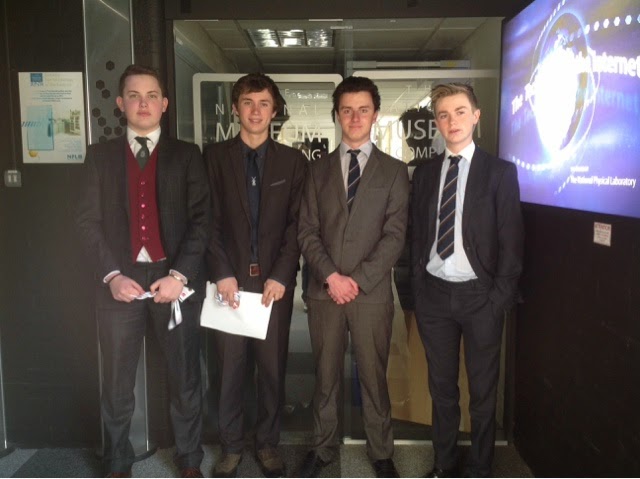I wanted to formally introduce myself and the other CAS Master Teachers, currently working the Devon and Cornwall area.
stephen.ball@computingatschool.org.uk
claire.buckler@computingatschool.org.uk
john.bullen@computingatschool.org.uk
nick.butler@computingatschool.org.uk
paul.carter@computingatschool.org.uk
melanie.dennig@computingatschool.org.uk
lorraine.drybrough@computingatschool.org.uk
simon.elliott@computingatschool.org.uk
phil.gardner@computingatschool.org.uk
steven.gibson@computingatschool.org.uk
steve.greenhough@computingatschool.org.uk
jo.hawkes@computingatschool.org.uk
becky.hawling@computingatschool.org.uk
emily.jones@computingatschool.org.uk
marcus.lang@computingatschool.org.uk
clare.nevinson@computingatschool.org.uk
tom.riggs@computingatschool.org.uk
simon.rood@computingatschool.org.uk
janice.woodward@computingatschool.org.uk
More to follow .....
Steve Greenhough



